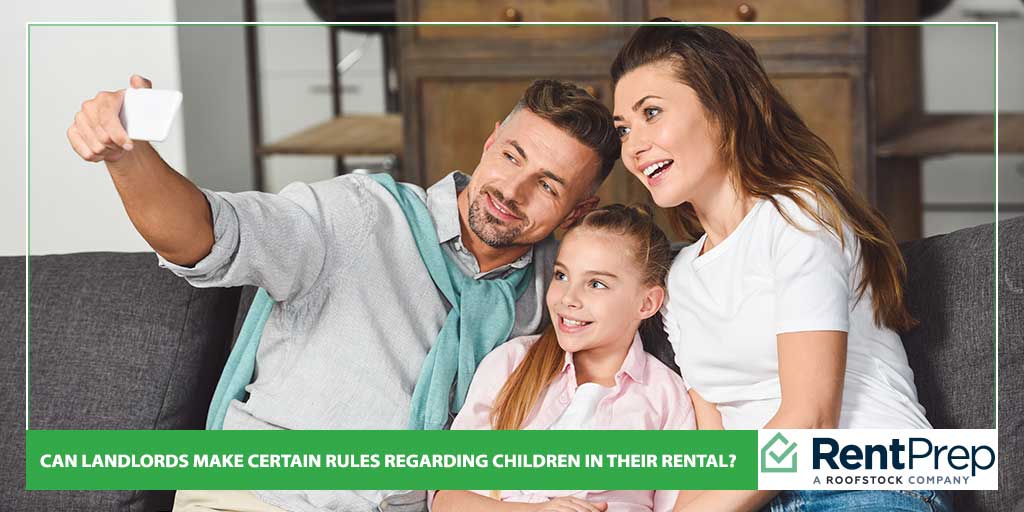
Most landlords are aware that, in most situations, landlords cannot refuse to rent to families with children. However, some landlords may attempt to mitigate the noise, clutter, and other effects children can cause by writing a number of rules into a lease. Even these rules, however, can land a landlord in legal trouble.
Landlords Are Prevented From Making Certain Rules
It’s important to understand what fair housing laws prevent landlords from doing when it comes to making rules about children:
Is it legal to not rent to someone with a child?
Except in extremely limited situations, such as housing set aside solely for seniors, landlords may not refuse to rent to a person simply because the person has one or more children.
Landlord restrict children to single area
Requiring tenants to take an apartment on the ground floor or in a certain building because they have children is prohibited. Also, restricting a family from one apartment in order to limit noise for other tenants is also illegal.
Can landlord restrict children to 1 bedroom?
A single parent with a child who wishes to rent a one-bedroom apartment may not be refused the rental on the grounds that “the child should have her own room.”
Landlords may not restrict ordinary childhood activities
These include walking, running, shouting, or playing outdoors. They also include using certain toys outdoors or in the common areas of the units.
What Rules Can Landlords Make Regarding Children?

Landlords are restricted in a number of ways from making rules that solely affect children or that disproportionately affect children. However, landlords may make rules intended to protect child safety, as long as the rules are specifically tailored to the safety needs of certain children.
For example, most apartment complexes with pools set an age limit for children in the pool without supervision. These age limits are generally enforced by courts as long as they are reasonably limited. A rule stating that “no children under age 6 may play in the pool without direct adult supervision” may pass muster, because children under 6 typically cannot swim, cannot understand the dangers a pool poses, and need an adult to keep them safe in public. A rule barring children under 18 from the pool without supervision, however, may be too broad. Many teens can swim well, understand the risks, and can protect themselves in public.
Landlords can also enforce reasonable noise restrictions in most states. For instance, landlords may set reasonable “quiet hours” or prohibit excessively loud noises, like those made by firecrackers, in common areas. While these rules can’t infringe on the normal noises children make, they can prevent the types of excessively or dangerously loud noises that may affect other tenants – no matter who makes the sound.
Know the Laws of Your State
Because the laws regarding children and rental units are specific and often strict, it is particularly important for landlords to check with their attorneys before making any rules that might disproportionately affect children, even if the rule is not written to refer to children. Your attorney can help you ensure you stay within the bounds of the law while also keeping an apartment building or complex comfortable for all residents.
Is a child considered a tenant?
Generally, this will be up to two factors. Your local and state laws and what’s written in the lease. If the laws dictate that a child can be a tenant than it will be up to the lease to confirm the age. In many states, any child under the age of 18 is not considered an occupant or tenant.
Note: This article is provided for informational purposes only. No information provided in this article should be considered legal advice. If you have legal questions, please consult an attorney who is licensed to practice law in your area.

